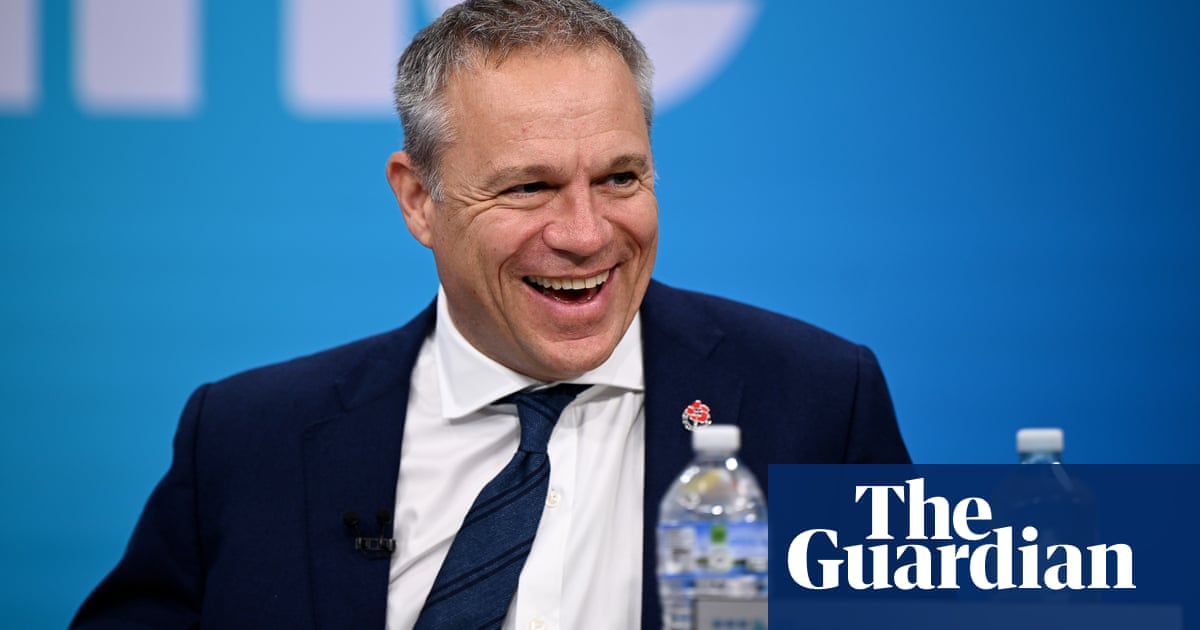When Nine’s acting chief executive, Matt Stanton, presented the company’s financial results to analysts on Tuesday, he made it clear he didn’t want to speak about the very thing they wanted to.
The broadcaster and publisher delivered its half-year results just days after US property conglomerate CoStar made an unsolicited approach to buy Domain, the real estate portal that Nine controls through a 60% stake.
CoStar has offered $4.20 a share, valuing the Domain business at $2.7bn. It has also crept up its share register and holds a near 17% stake.
This is a serious play, as Stanton acknowledged.
“We are, of course, taking the situation seriously and will give the proposal due and proper consideration, taking into account the best interests of shareholders,” he said on Tuesday.
“However, it is simply too early for us to make any further comment, which I’m sure you will understand.”
Analysts won’t blame Stanton for holding his cards close to his chest given he is facing a company-defining set of events.
Classified business
Media companies have a long association with real estate classifieds after they once helped form the financial backbone of their printed newspaper businesses.
In the digital era, property portals started to be viewed as a replacement for the defunct classifieds that they could cross-promote on their platforms.
They have had varying degrees of success.
The News Corp-backed REA Group has been a reliable earner for the Murdoch empire, protecting the business from volatile advertising winds that have buffeted its mastheads across the globe.
But while REA, which owns listings platform realestate.com.au, has grown to have a market cap of $31bn – larger than supermarket giant Coles – Domain’s performance has been lacklustre.
The Nine-backed portal has a market cap of less than 10% of REA, even after the CoStar bid sparked a share price rally in Domain stock.
What will happen now?
Sometimes, silence speaks louder than words.
Stanton’s lack of commentary shows Nine is not falling over itself to promote the bid, given the media company will view the proposal as an opening offer that undervalues its business.
Andrew Mitchell, co-founder of Sydney-based Ophir Asset Management, says it would be a “pretty ordinary result” if Nine let Domain go for $4.20 a share, given the stock traded at around that level soon after listing seven years ago.
“CoStar has shown its hand and definitely has the capacity to pay more for Domain,” Mitchell says.
But Mitchell says it’s not just about the price.
“Notwithstanding a potential return of cash to shareholders, divesting Domain leaves Nine a much lower growth business subject to structural headwinds in its old world media assets,” he says.
Nine’s half-year results show that its mastheads, the Age, the Sydney Morning Herald and the Australian Financial Review, have been hurt by continued softness in advertising, despite being able to offset the decline in printed newspaper sales through increased subscribers.
The broadcast advertising market has also been weak, although streaming revenue at 9Now has bumped higher.
The loss of income linked to Meta’s decision to end commercial agreements with news outlets has been another weight on Nine’s results, with its six-month net profit sinking by 25% to $112.2m.
The reaction to the CoStar bid by REA shareholders is telling, given its shares fell 10% immediately after the offer was made public. This shows investors are concerned REA’s seemingly unassailable position in Australia might finally be tested.
CoStar is a major US-based real estate marketplace, information, and analytics firm that just reported an 11% surge in full-year revenue to US$2.46bn.
In other words, it has deep pockets to invest in Domain.
Nine’s management will be assessing whether CoStar’s unsolicited bid allows room for a tie-up rather than a takeover, whereby they could take the company private and build it into a bone fide rival to REA.
CoStar’s bid could also flush out another strategic investor who might be open to a joint venture to run Domain.
From a media health perspective, a joint venture is almost certainly a better option than a full sale given the property portal’s potential to support the broadcast and publishing arms in its turnaround plans.
Nine is going through a restructure designed to cut costs and revamp its culture after a bombshell report last year acknowledged there has been abuse of power and authority, bullying, discrimination and sexual harassment across the company.
But Nine’s shareholders may just want the cash, given their investment has not reflected the large gains enjoyed by the broader stock market over the past five years.
As Stanton told analysts on Tuesday: “Domain is of strategic importance to Nine, and we are giving it proper consideration, as you can imagine.”
Article by:Source: Jonathan Barrett Business editor














